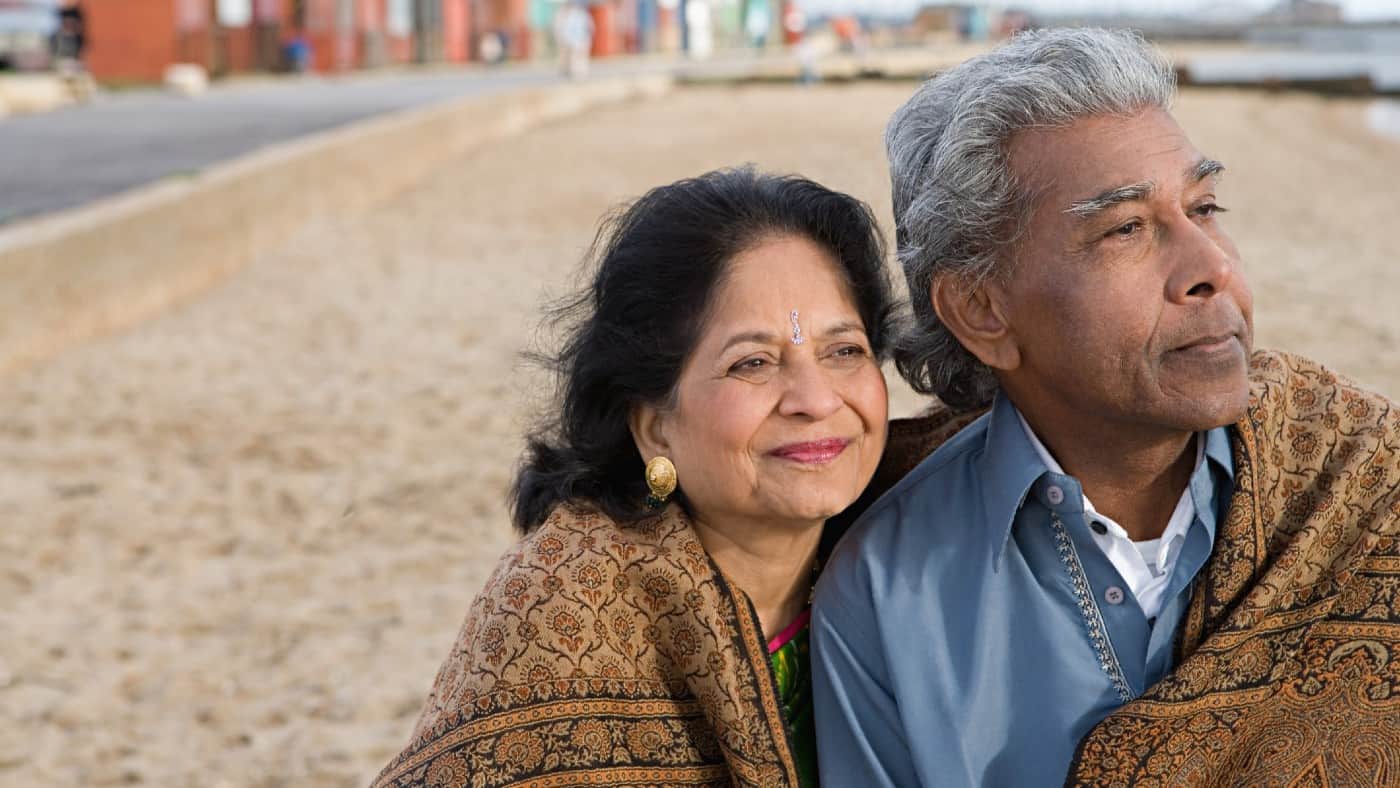The writer is the author of The Glass Wall: Lives on the Baltic Frontier
In 1992 I went by train from Vilnius, capital of Lithuania, to the Russian city of Kaliningrad. Until 1945 Kaliningrad was the German, or more accurately East Prussian, city of Königsberg. Immanuel Kant, the philosopher who never left the region, even became a Russian briefly when Königsberg fell under tsarist control from 1758 to 1762 in the Seven Years’ War. Russian officers attended his university lectures.
Now tensions are building around Kaliningrad, a Russian exclave bordered by Poland and Lithuania, because of another war — Vladimir Putin’s attack on Ukraine.
My train entered Russia, going through former Prussian red-brick stations, some with an old German name still legible through slapdash overpainting. I arrived at an impressive terminus that had escaped postwar rebuilding.
From 1945 to 1991 the Kaliningrad region, about the size of Northern Ireland and with approximately 1mn inhabitants, had been a Soviet closed zone, its recent German past recorded in memoirs of flight and terror as the Red Army advanced west. Königsberg was renamed after Mikhail Kalinin, the titular Soviet head of state under Joseph Stalin. The Germans were moved out. The Russians came with their Baltic Fleet, missiles and troops to guard the USSR’s western frontier.
It was raining. I walked to the hotel on the central square, past ruined history. As if to rid me of any lofty detachment, a German friend had said, “Of course it was the British who destroyed Königsberg” — referring to the RAF raid of 1944 that wrecked the medieval castle and city centre.
The cracked concrete and cratered streets seemed a parody of decayed Soviet planning, with exhaust-belching Ladas, dirty dented trams and people bent against the cold wind. The medieval brick cathedral was in ruins. Over this bleak scene loomed a brutalist grey tower known as the Monster, the still unfinished headquarters of the local communist party, riddled with asbestos. Prostitutes and drug dealers patrolled the hotel.
Sleek German tour coaches glided through the city. In 1992 former East Prussians came on Heimat tourism, sometimes bursting into tears when they saw, in the words of one, not the Königsberg they remembered but what seemed like the Siberian city of Irkutsk. They had to go to the outer districts or to the region’s Baltic seaside villages to see their old homeland.
Rumours circulated then that Kaliningrad, cut off from Russia by Poland and the newly independent Lithuania, might be up for grabs. Had the then German chancellor Helmut Kohl offered to buy it back? Might it be run jointly by Germans, Poles, Lithuanians and Russians? Russian students I met told me that the name must go, for Kalinin represented catastrophe. Was a new role possible, they asked: a link between east and west? The sense of siege, anger and isolation must change. As if to emphasise this, we spoke German.
For some years, the prospect of change seemed real, not least as Kaliningrad rediscovered its Prussian past. The cathedral was restored. There were plans to rebuild the castle. Kant’s tomb became a place of pilgrimage. Plaques went up to the artist Käthe Kollwitz, even to the Nazi sympathiser and poet Agnes Miegel. The city’s German-Russian House held cultural events, including a bibulous dinner on Kant’s birthday, with speeches in German and Russian. You could go round the bunker from which the German General Lasch had directed the defence of the city in 1945.
Kaliningrad was made a free-trade zone. New investment (and corruption) began: manufacturing, tourism, even — as collectivisation ended — some German farmers. Kaliningrad was one of four Russian regions where casinos were permitted. Inhabitants could visit Poland and Lithuania. Direct flights went to Berlin and Warsaw, even to London.
Then came Putin’s invasion of Crimea in 2014. Relations with the west nosedived. The German-Russian House was closed, accused of foreign propaganda. So-called Prussianization was condemned, especially an attempt to rename the airport after Kant whose tomb was defaced, probably with official approval.
The enclave’s military content was ramped up, including almost certainly with nuclear-capable Iskander missiles. The region became one of the poorer parts of Russia, with most food imported from the EU. Now the latest sanctions against Russia allow food but block many other goods from coming in overland through Lithuania. Empty trains sit idle in Kaliningrad station. The hopes that I heard some 30 years ago have vanished again into isolation and anger.
Credit: Source link














